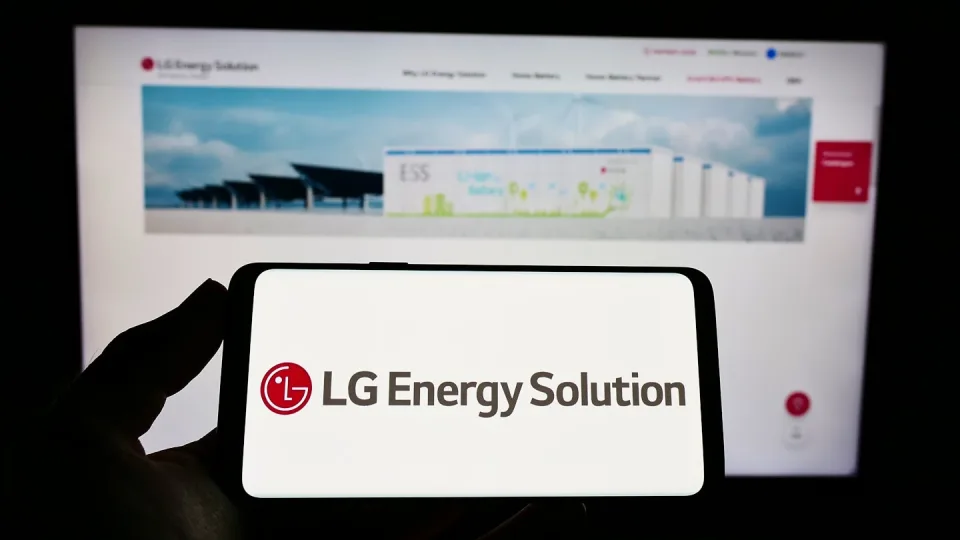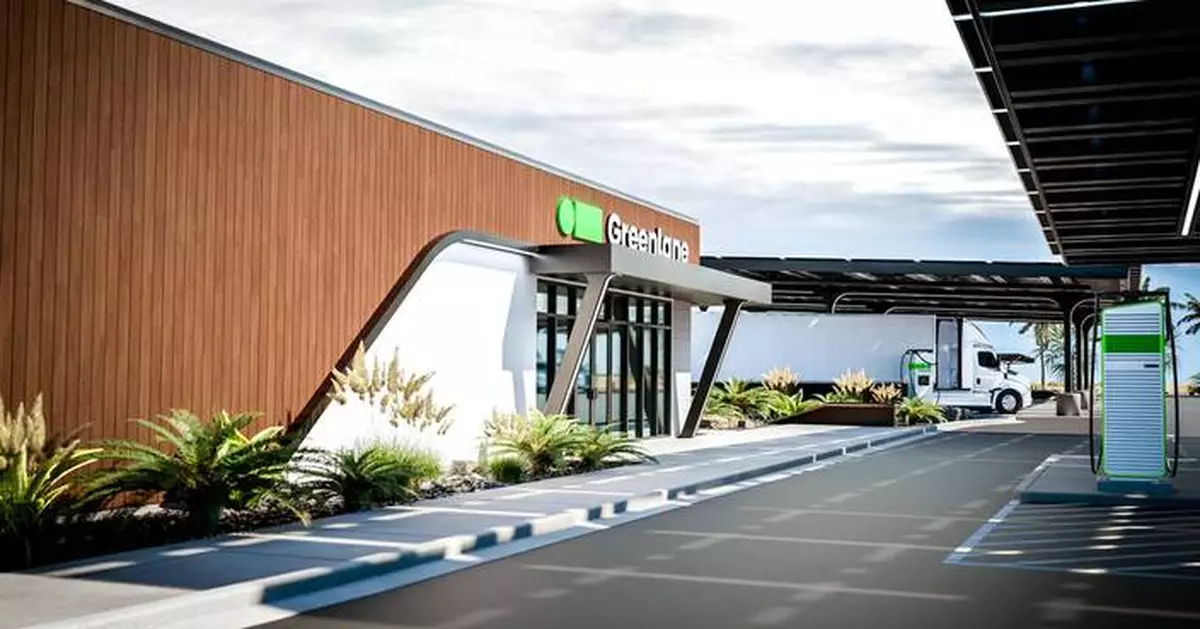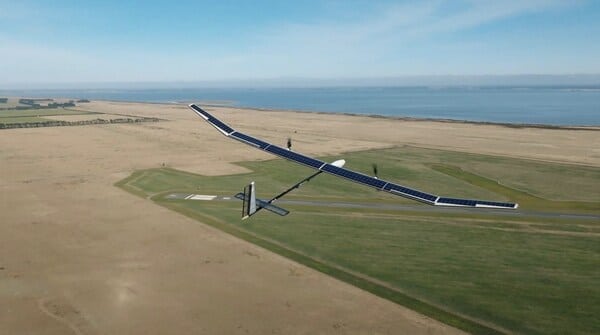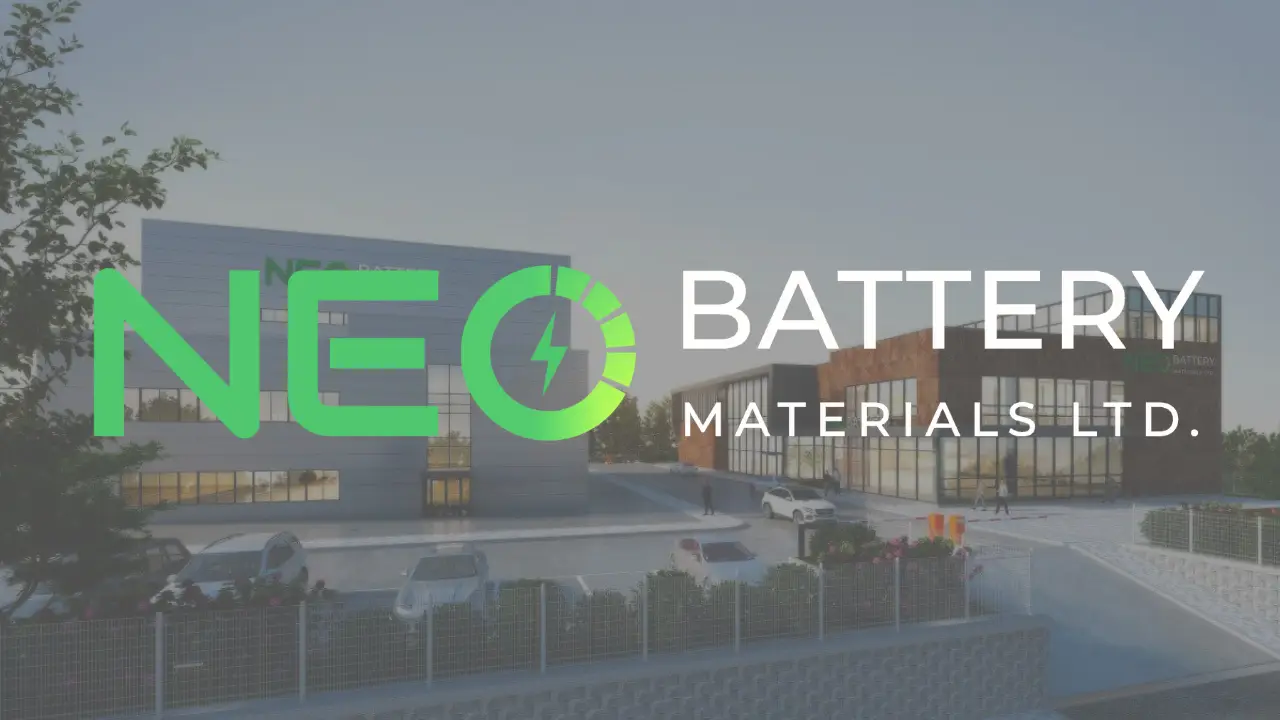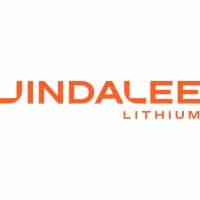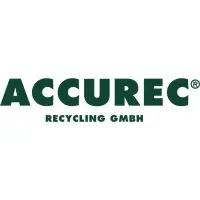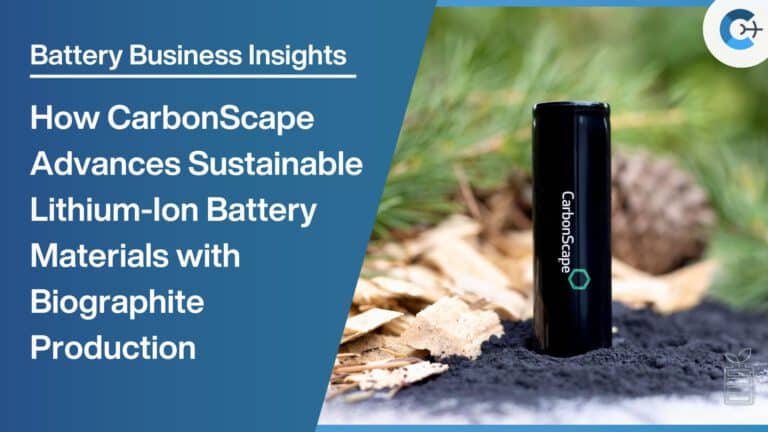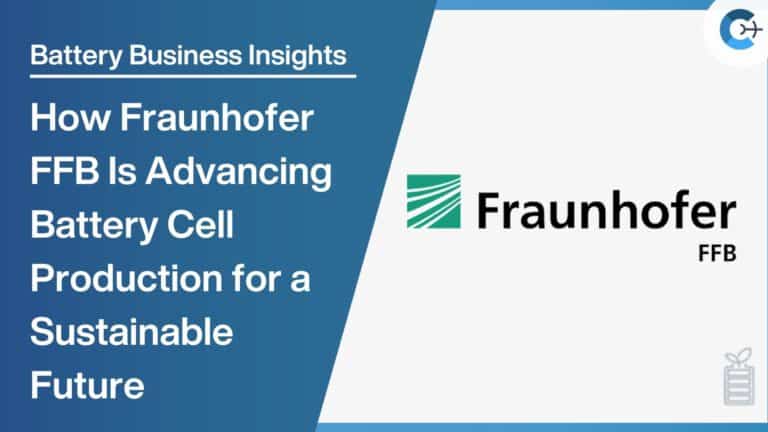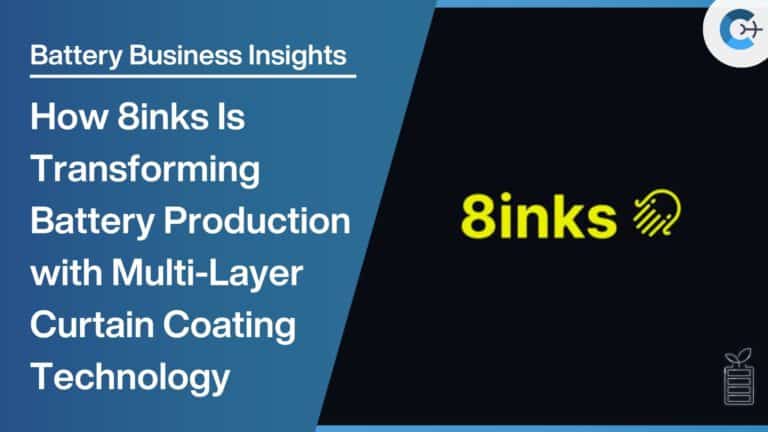South Korea’s LG Energy Solution (LGES) is in negotiations with India’s JSW Energy to establish a joint venture for manufacturing batteries used in electric vehicles (EVs) and renewable energy storage systems, according to two sources familiar with the discussions. The venture is expected to require an investment exceeding $1.5 billion.
The two companies have signed a preliminary, non-binding agreement to form an equal partnership. Under the proposed arrangement, LGES will provide the technology and equipment necessary for battery production, while JSW Energy will contribute the financial investment, one source revealed.
The joint venture plans to set up a manufacturing facility in India with a total capacity of 10 gigawatt-hours (GWh). JSW is anticipated to utilize approximately 70% of the production for its energy storage needs and upcoming line of EVs, including buses, trucks, and eventually cars. LGES would use the remaining capacity, both sources indicated.
“LGES wanted a partner in India and JSW is interested because it is coming up with its own brand of EVs starting with buses and trucks, and later on cars,” said the second person.
Both companies aim to finalize the details in the coming months, with the goal of having the plant operational by the end of 2026. Discussions are expected to conclude within the next three to four months, the first source added.
In a statement, LGES commented, “We are exploring various potential business options and monitoring the market situation closely,” noting that there are no specific plans for India at this stage. JSW Energy declined to comment on the matter.
This potential collaboration would mark LGES’s significant manufacturing entry into the Indian market, where it already supplies batteries to prominent e-scooter manufacturers like Ola Electric and TVS Motor. The venture offers LGES an opportunity to mitigate manufacturing risks in a developing EV market, especially as slowing global demand has prompted the company to reduce capital expenditures in other regions for the coming year.
For JSW Energy, led by billionaire chairman Sajjan Jindal, the partnership would secure a local supply of batteries for its energy storage projects and future EV offerings, potentially reducing costs. The company has publicly expressed intentions to enter the EV sector, starting with commercial vehicles.
In 2023, JSW formed a joint venture with China’s SAIC Motor, acquiring a 35% stake in SAIC’s Indian subsidiary, MG Motor, to support its growth in the Indian market.
“JSW has proposed a 25-year agreement to LGES,” said the second person, adding that the Indian company continues to engage with other battery players as well.
The companies would like the plant to be operational before the end of 2026 and expect to make a final decision in about 3-4 months, the first person said.
If the joint venture proceeds, it would align with the Indian government’s initiatives under Prime Minister Narendra Modi to bolster domestic manufacturing of clean energy vehicles by offering substantial financial incentives.
India’s EV market is currently dominated by local automakers Tata Motors and MG Motor in the electric car segment, and by brands like Ola, TVS, and Bajaj Auto in electric two-wheelers.
Source: Reuters

